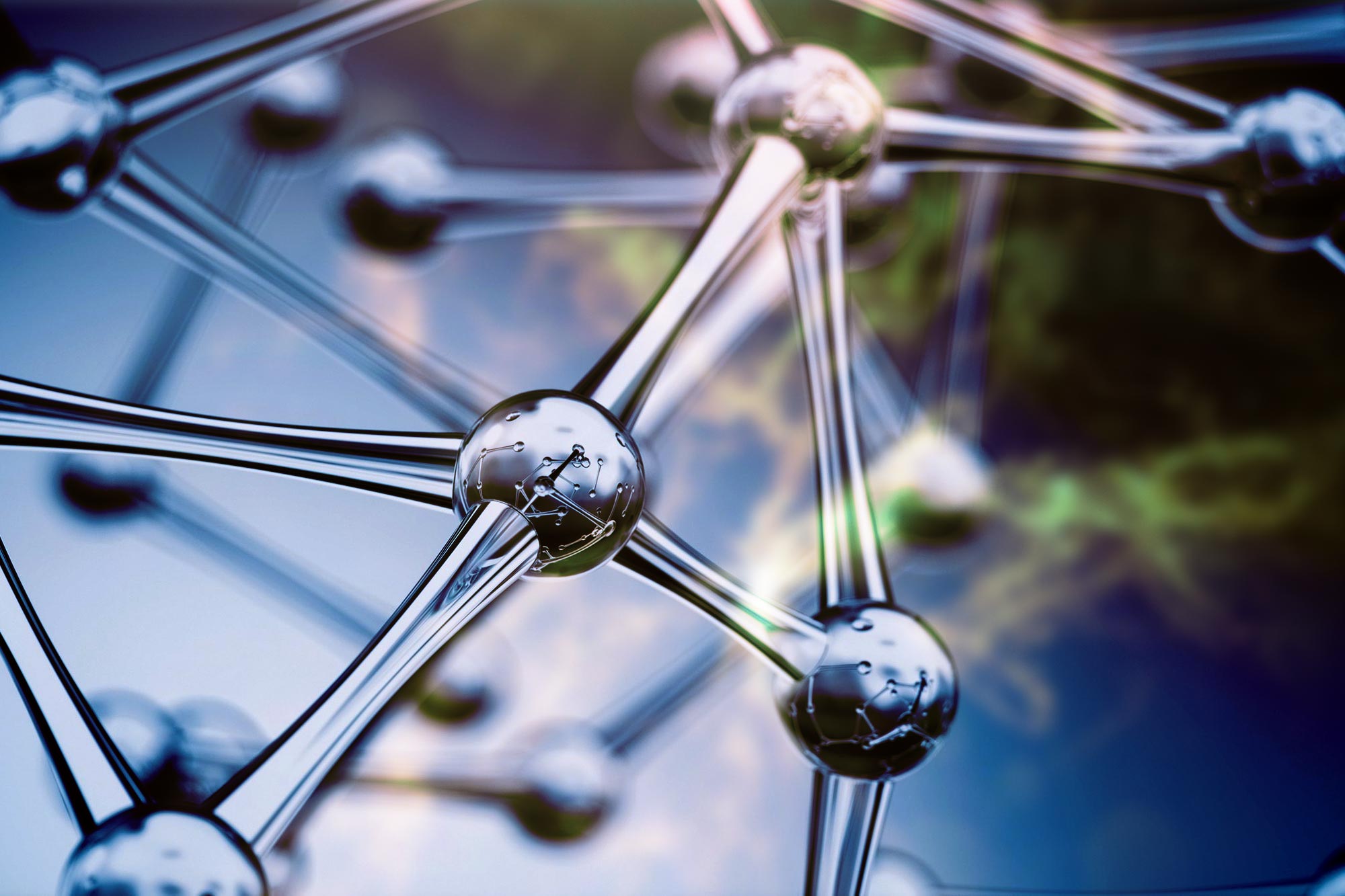Nano-Catalysts for Clean Fuel Production
Physics
Simmy Sebastian
Patented nanostructured catalysts designed to enhance efficiency in clean fuel synthesis.
The patented nanostructured catalysts are engineered to optimize clean fuel synthesis by maximizing active surface areas, improving reactant adsorption, and enhancing catalytic activity. These catalysts feature precisely controlled nanostructures, including nanoparticles, nanowires, and nanoarrays, which provide increased surface-to-volume ratios and tailored catalytic sites. This design enables more efficient conversion of reactants into clean fuels, such as hydrogen, methanol, and synthetic gasoline, while minimizing waste and byproduct formation. The nanostructured catalysts also exhibit improved stability, durability, and resistance to deactivation, allowing for prolonged operation and reduced maintenance costs.
Hydrogen production through water splitting or biomass conversion, Methanol synthesis from CO2 and renewable energy sources, Clean gasoline production via Fischer-Tropsch synthesis, Biomass-to-liquid (BTL) fuel production, Carbon capture, utilization, and storage (CCUS) applications, Electrocatalytic and photocatalytic water splitting for sustainable energy systems

United Nations Organization (UN)
Data
View Patent